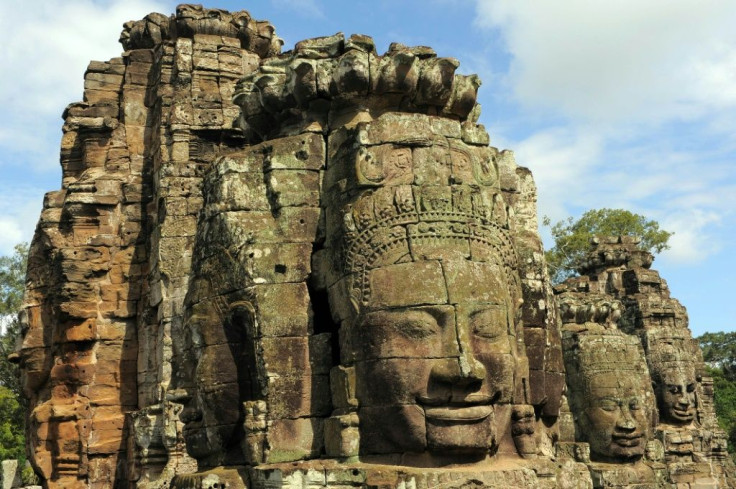Cambodia To Re-open To International Travellers
Foreign tourists will soon roam Cambodia's ancient Angkor Wat temples once again, after officials on Tuesday flagged a partial reopening to vaccinated travellers.
The coronavirus pandemic and travel restrictions put the brakes on Cambodia's burgeoning tourism industry -- revenue plummeted to $1 billion last year, down from nearly $5 billion in 2019 when the country attracted 6.6 million visitors.
The Cambodian tourism ministry on Tuesday announced a November 30 reopening for popular beach spots Sihanoukville and the island of Koh Rong, as well as Dara Sakor -- a Chinese-developed resort zone.
The northern city of Siem Reap -- gateway to the world heritage-listed Angkor Wat complex -- will be added to the kingdom's hotel quarantine-free travel scheme in January.
More than two million visitors wandered the archaeological park in 2019, but the world-famous attraction has been mostly deserted since the pandemic took hold.

Foreign travellers will require certificates showing they have been double-vaccinated, health insurance covering treatment for Covid-19, and negative swab tests prior to departure and upon arrival in the country, the tourism ministry said.
Tourists must remain for a minimum of five days at the pilot locations and undergo a further swab test before being allowed to explore other parts of Cambodia.
The kingdom was spared the worst of the pandemic in 2020 but has registered the lion's share of its 118,000 infections since April.
The Southeast Asian country won praise for its swift vaccination programme -- 96 per cent of the adult population is fully jabbed.
Cambodia's tourism reboot has taken some inspiration from neighbouring Thailand's "Phuket sandbox" hotel quarantine-free travel scheme which kicked off in July, attracting more than 56,000 international arrivals to the island.
© Copyright AFP 2024. All rights reserved.











